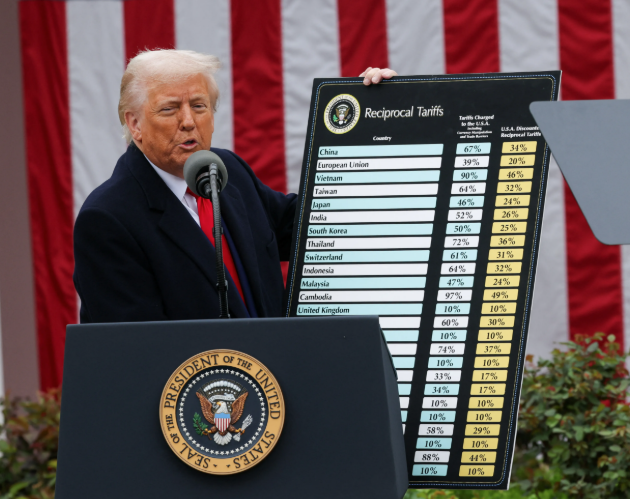
A US trade court has blocked most of President Donald Trump’s broad tariffs, ruling that he exceeded his authority by imposing sweeping import duties, according to Reuters.
The Court of International Trade stated that only Congress has the constitutional power to regulate trade, and that this authority is not overridden by presidential emergency powers.
The court issued a permanent injunction against the tariffs imposed since January under the International Emergency Economic Powers Act, a law typically used for sanctions, not trade policy.
The judges emphasized that their decision wasn’t about the effectiveness of the tariffs, but about their legality. “Federal law simply does not authorize this,” the court declared.
Meanwhile, markets reacted positively.
The US dollar strengthened, and equity futures rose globally. Still, analysts warned that the ruling introduces new uncertainty into US trade policy.
The case was brought by small businesses and a coalition of 12 states, all of whom claimed the tariffs damaged their operations. Oregon Attorney General Dan Rayfield called the decision a reaffirmation that our laws matter, criticizing the tariffs as reckless and harmful to the economy.
Trump had justified the tariffs by labeling the US trade deficit a national emergency. He initially imposed a 10% across-the-board tariff, with steeper rates for key trading partners like China.
Some of those higher duties were paused as the administration negotiated.
Though this ruling invalidates blanket tariffs under IEEPA, it does not affect Trump’s sector-specific duties on steel, aluminum, or cars, which were enacted under different legal authorities.
The case could ultimately reach the US Supreme Court, but for now, it delivers a significant blow to Trump’s tariff strategy.





